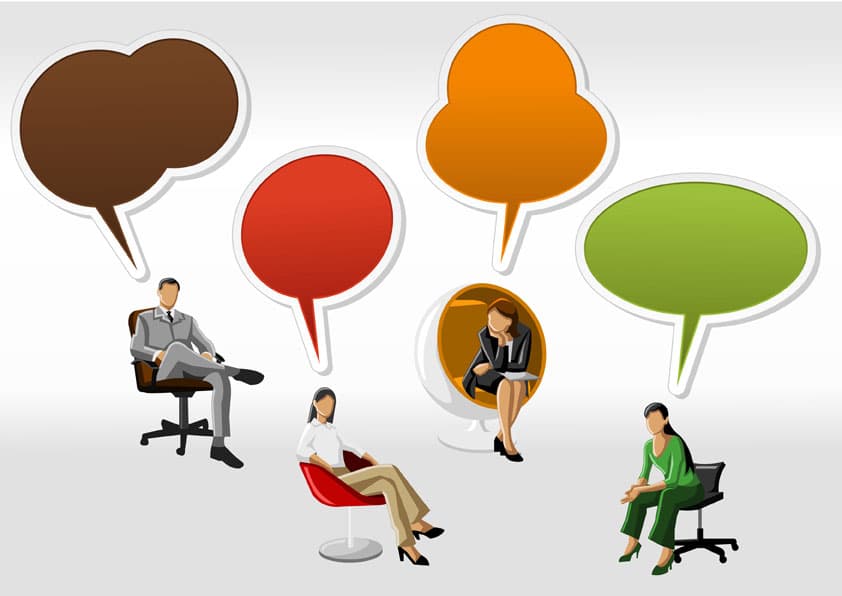Before going to college in America, I lived in Beijing for over 10 years. Though originally from Hainan and Chongqing, I spoke “authentic” Mandarin naturally and fluently as everyone else did in school. Inside my heart, I was so proud of this achievement because I could not differentiate “s” and “sh,” “z” and “zh,” “c” and “ch” before 9 years old. Unable to pronounce “sh” well, I was even shy and timid about introducing my name when I was young. Later, as I kept practicing reading textbooks everyday and spoke more fluent Mandarin, my confidence grew as well. I was more open to making friends and raising my own opinions.
From my early experience of learning standard Mandarin, I learned that language is a form of power. It is the power that encourages me to talk about myself, the power that invites me to the circle of people who share the same language, the power that supports me to be equal with others.
My experience of studying in America further corroborates this idea. In the first months after arriving in America, I struggled with speaking English as fast as I could without accent or grammatical mistakes. I was embarrassed every time when people asked me to repeat. Because of my language disadvantage, I was afraid of participating in class discussions and group talks. Through this experience, you see how language played its role here. My confidence was corroded and I lost various opportunities to let people hear my voice, because of language barrier.
However, I later learned that speaking or writing fluently without mistakes is not the whole story about language. As a matter of fact, language intertwines with thoughts. It is the co-production of language and thoughts that makes your words meaningful. Studying French at Middlebury College in Vermont this summer, I was required to obey a language pledge together with other 150 students. All of us had to speak French 24 hours for seven weeks, even though I had only learned French for one year. However, as the result turned out, despite speaking broken or imperfect French, I successfully made great friends out of my fearlessness of speaking. I realized all that mattered was the message I wanted to transmit to others. In my final French presentation about children in Haiti, I made many mistakes when I spoke, but the presentation still received people’s recognition. I realized that was because the presentation really touched on universal human feelings so that grammar or vocabulary was no longer the most important.
My trip to Haiti this March added another layer of my thoughts on language. It was this trip that I realized language is the key to understanding a different culture, a gateway to a new world and the bridge to connect people beyond borders. My French was very limited at that time, but as one of only two visitors in the group who spoke French, I was able to interview nine villagers about their lives in rural Haiti. Communicating in the very same language, I heard villagers talk about how they suffered routine waterborne illnesses, how running water and even toilets seem grand dreams to them. Moreover, because of French, I was able to make friends with Haitians and get to know Haiti through personal connections. Up till now, I hear my artist friend talk about his love of the arts and life despite the fact that he is working hard to raise his big family. My musician friend also talks about his ideals to continue musical training. I also appreciate the chance of discussing with my vendor friend about education in Haiti, China and United States. Throughout this process, I find a new world waiting for me to explore.


